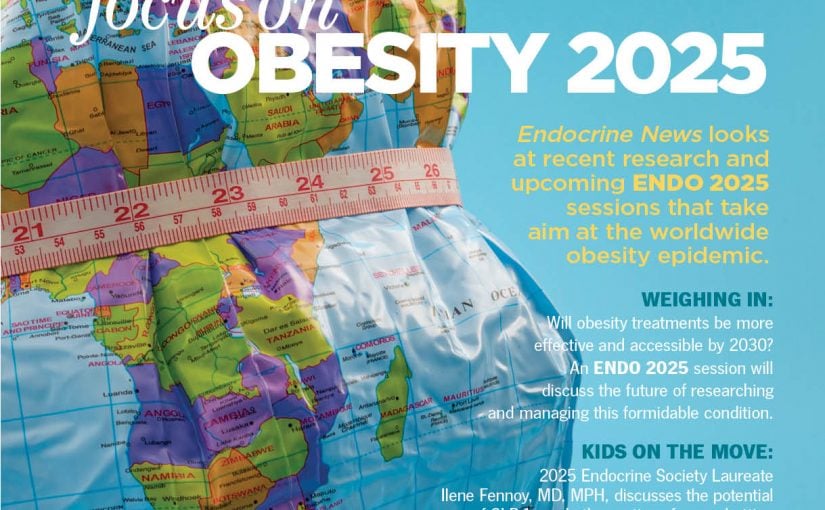Significant differences in health status and cardiometabolic health exist between transgender adults and cisgender adults in the United States, according to a study recently published in the Journal of the Endocrine Society.
Researchers led by Natalie J. Nokoff, MD, of the University of Colorado Denver Anschutz Medical Campus in Aurora, point out that 0.5 percent of adults and three percent of youth identify as transgender in the United States. However, little is known about the health of transgender adults, even though this is a growing population. What’s worse, these patients experience harassment and discrimination in medical settings, their doctors are inadequately trained, and guidelines are often based on expert opinion and small studies from Europe.
Nokoff and her team wanted to look at the health status and prevalence of self-reported cardiometabolic disease among specific subgroups of transgender adults – male-to-female (MTF), female-to-male (FTM), and gender noncomforming (GNC) – since hormone therapy has been linked to cardiometabolic risk factors. They hypothesized that all subgroups of transgender adults would be more likely to not have health insurance, compared to cisgender adults.
The researchers analyzed data from the 2015 Behavioral Risk Factor Surveillance System survey, from respondents who answered the transgender identity question. They found that FTM adults have higher odds of being uninsured than both cisgender women and men. “Contrary to our initial hypothesis,” the authors write, “our analysis suggests that the lack of health care coverage in the transgender population is specific to the FTM population and probably accounts for the overall difference in health care coverage previously reported between transgender and cisgender adults.” They go on to write that it’s unclear why this would be the case, since previous studies have shown that most transgender adults are on hormone therapy, which would require more doctor visits.
The researchers also found that MTF adults were more likely to report myocardial infarction than cisgender women but not cisgender men, which could speak to the need for further studies of hormone therapy on heart health in transgender adults. “If most of the MTF adults in this study were on estradiol (which we do not know), these data may suggest that estradiol therapy in this population does not markedly increase MI or stroke risk above that associated with their biologic sex because there were no differences in odds of self-reported MI or strokes in MTF adults compared with cisgender men,” the authors write. “Furthermore, if most of the FTM adults in this study were on testosterone, these data may also suggest that testosterone does not increase cardiometabolic disease because there were no differences between FTM adults and cisgender men and women.”
Based on these results, the authors conclude that there are significant differences in health status and cardiometabolic health between subgroups of transgender adults and cisgender adults. “There is a need for additional research to elucidate the societal and medical (e.g., hormone therapy) effects on these outcomes,” the authors write. “Additionally, a growing proportion of young people identify as GNC, and their health status and mental and physical health needs are distinct from those who identify as FTM or MTF, and they warrant additional study.”

